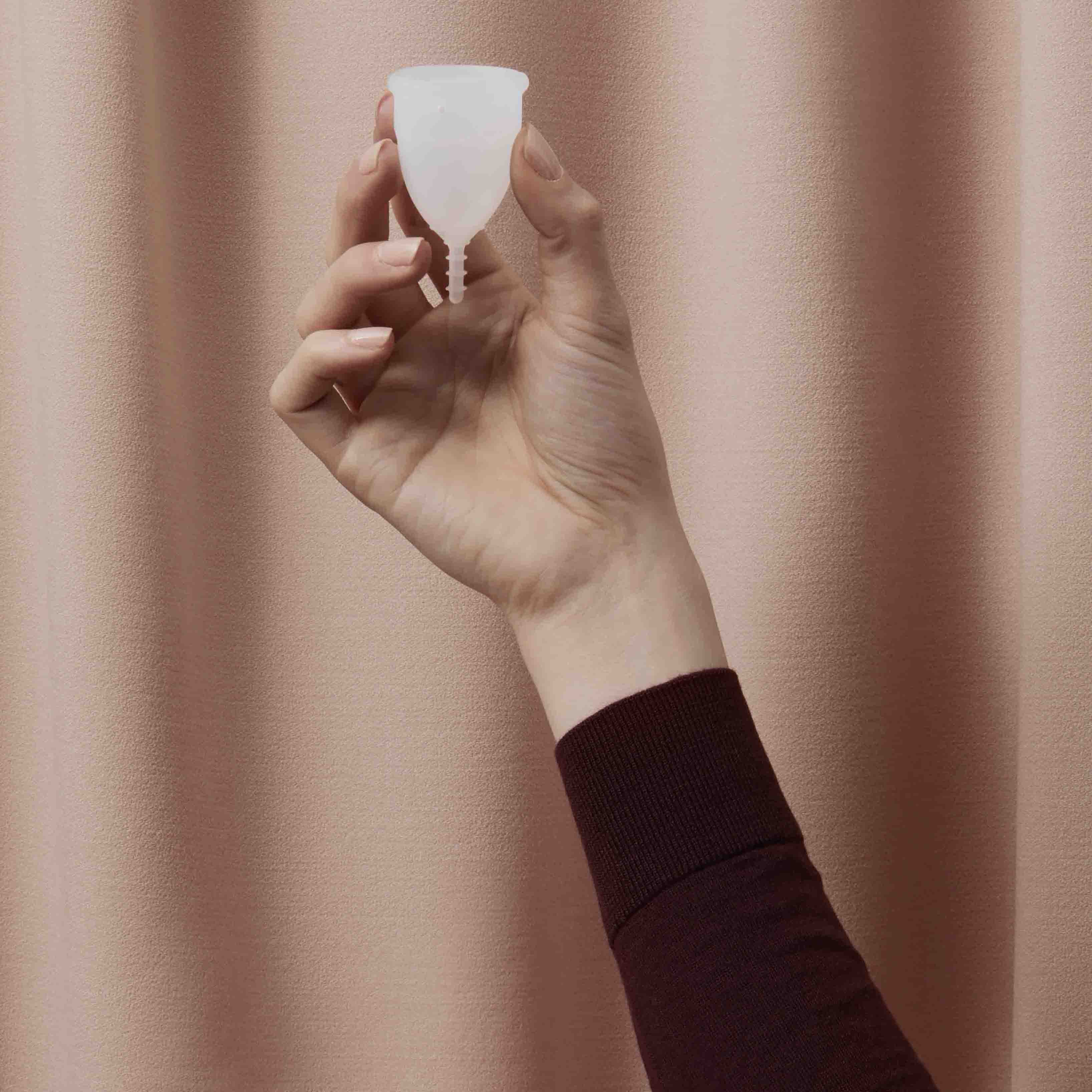
Wikimedia Commons
Following a successful pilot program that provided disposable menstrual products to students in Silliman and Morse colleges last spring, the products will now be available for free to Yalies in all 14 residential colleges starting on Monday.
The Yale College Council announced the program’s expansion in an email to the student body on Friday. The program — which has obtained funding for the remainder of the calendar year so far — offers tampons, pads, liners and menstrual discs to students in two or three locations in each residential college, according to YCC President Saloni Rao ’20. The Yale College Dean’s Office through the residential colleges and two corporate sponsors — Maxim and Flex — fund the program.
“[There is] a double standard that we have [where] condoms, lubricant, even toilet paper are provided for free in every public restroom,” said YCC senator Samir Al-Ali ’21. “[Menstrual] products are not only not provided for free, but are like taboo in a way that doesn’t lend itself well to equity for people who menstruate.”
Last year’s pilot in Silliman and Morse allowed the YCC to collect data on usage and qualitative feedback from students in the two colleges, said YCC Vice President Heidi Dong ’20. Rao said that while some administrators expected the products to be rapidly depleted, “in reality, students were very conscientious about not taking more than they need.”
Dong added that the pilot’s usage data and survey questions as well as anecdotes from individual students who reached out to the YCC helped show what products were most useful for students.
“That provided us with this impetus to keep pushing for this,” Dong said. “Clearly, it was something people did find important and cared about.”
According to Rao, 10 to 15 percent of the internal YCC endowment went toward funding the pilot program last spring, and YCC senators personally restocked menstrual products in their colleges when they ran out. In order for the program to expand and for it to “outlive [Yale College Council members’] one-year terms,” Rao said that the council needed to secure alternative sources of funding.
Kahlil Greene ’21, YCC finance director, told the News that the YCC approached several corporate sponsors about providing products for the program for free. Members showed the sponsors data from the pilot and offered them incentives that “weren’t too burdening [for] the YCC,” such as extra branding and a “Menstruation Celebration” — a launch party which was held in Dwight Hall on Saturday afternoon. Greene said that while the YCC was initially worried about being able to secure corporate sponsors, Flex and Maxim were “generally pretty receptive” and “on board from the get-go”. Maxim provided 2,500 organic tampons and 2,500 pads free of charge, while Flex supplied 5,484 menstrual discs.
Greene added that getting corporate sponsors “legitimized [the YCC’s] cause” and showed Yale administrators that the council was serious about implementing the program, whether or not they gained administrative funding.
The council also had to get support from each of the 14 residential colleges to obtain additional funding and sort out the logistics of distribution, which Al-Ali said was challenging. Head of college aids and operations managers in each college will provide the “manpower” to restock menstrual product baskets in each college, which would be “unfathomable” without their help, he said.
Al-Ali added that the YCC hopes that Yale’s adoption of the program will “contribute to the growing conversation” about menstrual product availability nationwide and will motivate other institutions to adopt similar practices.
Rao stressed that the goal of the program is to “level the playing field” and save money for students for whom buying menstrual products presents an additional financial burden.
“So many students are allowed admission to Yale, and come here under the pretense that they’re going to have an equal opportunity to succeed, but that’s oftentimes not the case,” Rao said. “It’s not the case if you have to work a student job, it’s not the case when going out to a restaurant presents a significant financial burden. … So this is just [a way] to provide every Yale student with the same resources.”
Harvard began to offer free menstrual products in its dorms and houses last September.
Asha Prihar | asha.prihar@yale.edu







